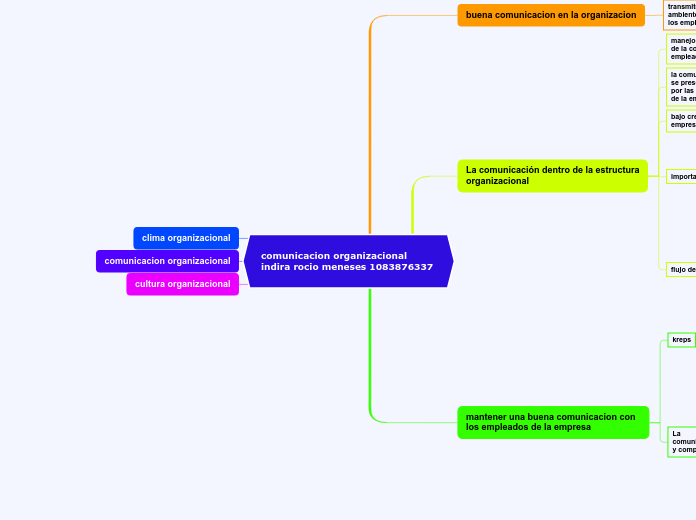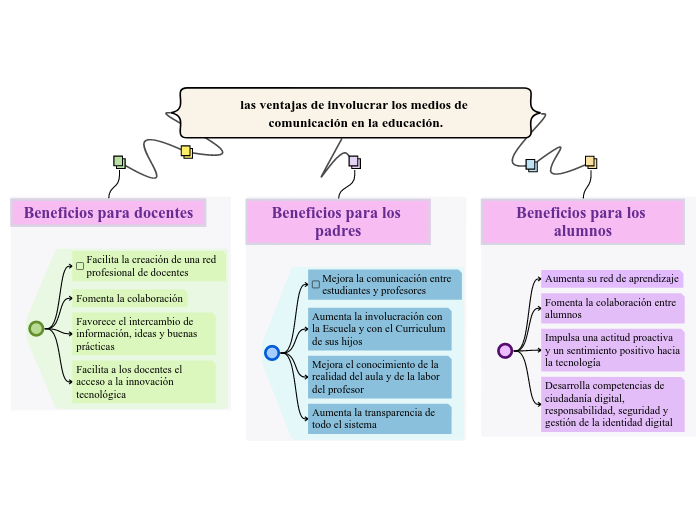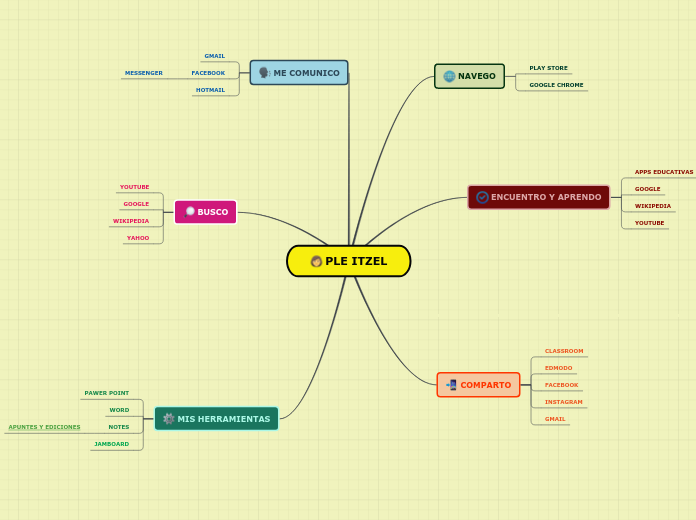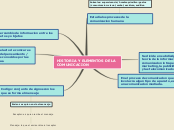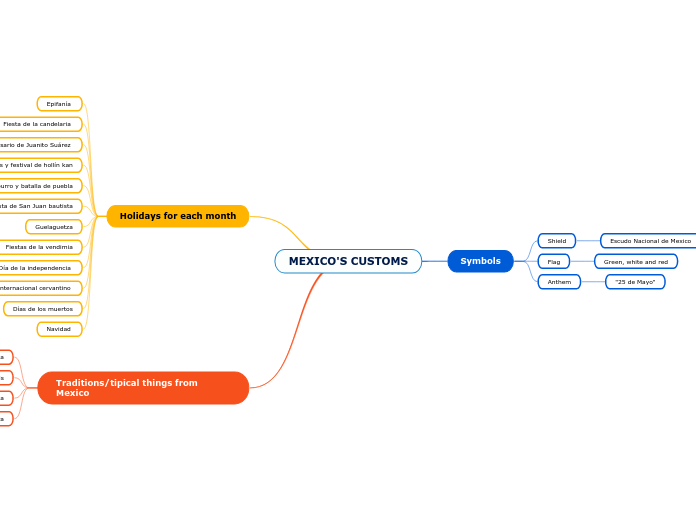comunicacion organizacional indira rocio meneses 1083876337
cultura organizacional
A conjunction is a word like 'if' 'but' or 'and' which is used to connect sentences or clauses together.
comunicacion organizacional
A preposition is one of the most exciting parts of grammar. A preposition is used to describe the location of something in relation to something else.
clima organizacional
mantener una buena comunicacion con los empleados de la empresa
An article is a word used to modify a noun, which is a person, place, object, or idea. Technically, an article is an adjective, which is any word that modifies a noun.
La
comunicación permite a las personas generar
y compartir información
Indefinite articles are the words 'a' and 'an.' Each of these articles is used to refer to a noun, but the noun being referred to is not a specific person, place, object, or idea. It can be any noun from a group of nouns.
estabilidad del
sistema social
Facilitar la
generación del
compromiso
empresa en un
sentido de
identidad.
desempeñar un papel
que señale
diferencias entre
la organización y
las demás
kreps
It refers directly to a specific noun or groups of nouns.
la comunicación organizacional es: el proceso
por el cual los miembros de una organización
recopilan la información pertinente sobre esta
La comunicación dentro de la estructura
organizacional
A pronoun is a word that can be used in place of a noun, typically after the noun itself has already been stated.
flujo de comunicacion
Reciprocal pronouns are used for actions or feelings that are reciprocated. The reciprocal pronouns are each other and one another.
externa
individual
abajo, arriba y de manera transversal. Teniendo en cuenta que
históricamente esta comunicación se da de manera descendente, la cual trajo
muchas dificultades a nivel empresaria
interna
formal informal
horizontal vertical
importancia
A reflexive pronoun ends with ...self or ...selves and refers to another noun or pronoun in the sentence (usually the subject of the sentence). The reflexive pronouns are myself, yourself, herself, himself, itself, ourselves, yourselves, and themselves.
Actitud y compromiso,
Tareas
comunicativas
Políticas y estándares
de comunicación
bajo crecimiento
empresarial y disminución del compromiso
Demonstrative pronouns are used to demonstrate (or indicate). This, that, these, and those are all demonstrative pronouns.
This, These
la comunicación es equivocada
se presentan situaciones de desconocimientos
por las metas, objetivos, normas y estatutos
de la empresa
Possessive pronouns are used to show possession. The possessive pronouns are mine, yours, his, hers, ours, and theirs.
His, Your
manejo
de la comunicación de la empresa hacia sus
empleados,
The personal pronouns are I, you, he, she, it, we, they. More often than not (but certainly not always), they replace nouns representing people.
Create sentences
He, They
buena comunicacion en la organizacion
A verb is an action word or 'doing' word that signifies movement in some way.
transmite o refleja un
ambiente agradable y de satisfacción tanto para
los empleados como para la empresa
A participle is a verb form that can be used as an adjective or to create a verb tense. There are two types of participles: Present participle (ending -ing) and Past participle (usually ending -ed, -d, -t, -en, or -n).
El ambiente laboral es muy perceptivo por sus
integrantes, cuando se desvía la comunicación y
esta no logra llegar a todas las áreas productivas
